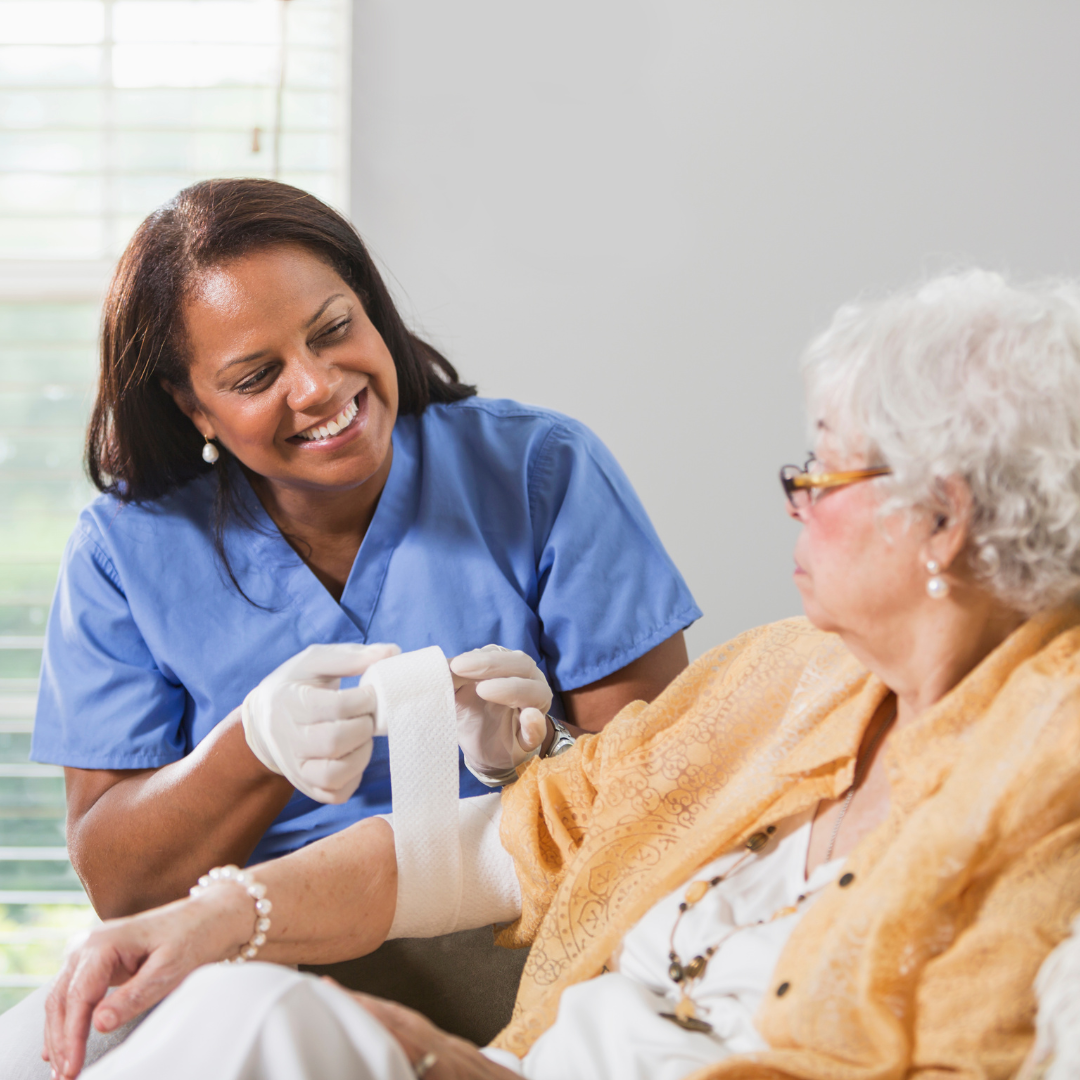Domestic violence is a pervasive issue in India, cutting across class, gender, and cultural boundaries. It often leaves deep physical and psychological scars on victims, who may feel isolated and helpless. Medical professionals play a crucial role in addressing these issues, not only by providing care but also by participating in legal processes. Understanding the intersection between healthcare and law in domestic violence cases is essential for harnessing a more supportive environment for victims.
Understanding the Legal Responsibilities of Medical Experts in DV Cases
Medical professionals in India are legally mandated to report cases of domestic violence, especially when they observe visible injuries or signs of abuse. Under the Protection of Women from Domestic Violence Act, 2005, healthcare providers must not only treat the injuries but also document them accurately. This documentation becomes vital evidence in court proceedings. Failure to report or document can have serious legal implications for the healthcare provider, including potential penalties.
Moreover, medical professionals are expected to maintain patient confidentiality while complying with legal obligations. This dual responsibility can create a challenging situation for healthcare providers, as they must navigate the complexities of patient trust and legal accountability. Their role extends beyond mere observation; they are also expected to educate victims about their rights and available support systems, thereby empowering them to take necessary legal actions.
Additionally, medical experts may be called upon as witnesses in legal proceedings, making accurate documentation and reporting even more crucial. Their medical opinions can significantly influence court outcomes, emphasizing the importance of training for healthcare providers to recognize signs of abuse and understand the legal implications of their findings. This intersection of medicine and law highlights the necessity for a comprehensive approach to healthcare training in domestic violence scenarios.
The Critical Role of Healthcare Providers in Supporting Victims
Healthcare providers often serve as the first point of contact for victims of domestic violence. The healthcare setting provides a unique opportunity to identify and support victims who may not be ready to seek help from law enforcement or social services. Medical professionals can create a safe and confidential environment, encouraging victims to disclose their experiences. It is essential for these providers to be trained not just in medical care, but also in understanding the emotional and psychological aspects of domestic violence.
Furthermore, healthcare professionals can refer victims to various support services, including counseling and legal aid. By providing information on local shelters or advocacy groups, they can help victims navigate the complexities of escaping abusive situations. This supportive role is vital, as many victims may lack awareness of available resources or feel too afraid to seek them out independently. Medical professionals can play a proactive role in connecting victims with the help they need.
Finally, it is crucial for healthcare providers to advocate for systemic changes that address domestic violence at broader levels. By collaborating with organizations focused on women’s rights and legal reform, medical professionals can contribute to a more comprehensive response to domestic violence in society. Their insights from clinical experiences can help shape policies that better protect victims and hold perpetrators accountable, leading to more effective prevention and intervention strategies.
The legal role of medical professionals in domestic violence cases in India is multifaceted, extending beyond the treatment of physical injuries to encompass legal, emotional, and psychological dimensions. As frontline responders, healthcare providers have the unique opportunity to identify victims, document evidence, and refer them to vital resources. Understanding these responsibilities is essential not only for medical professionals but for society as a whole, as it fosters a more informed and supportive environment for victims of domestic violence. Through collaboration and advocacy, the medical community can significantly influence the fight against domestic violence, ultimately leading to a safer, healthier society.




